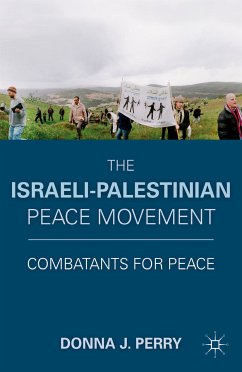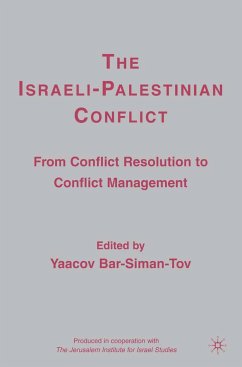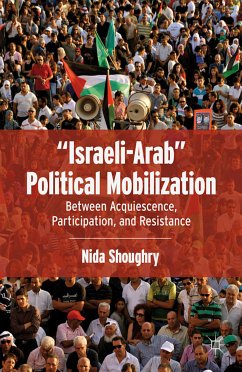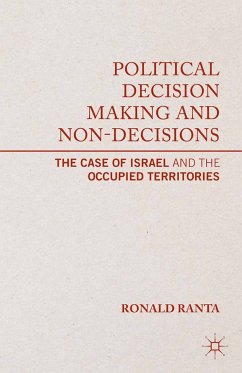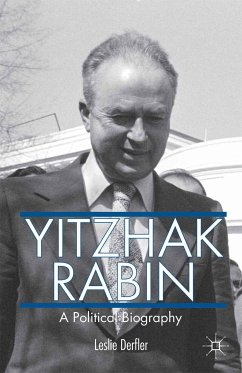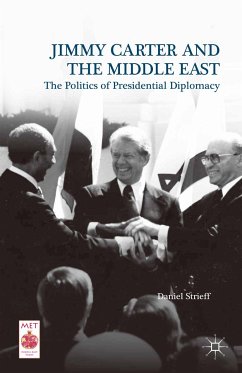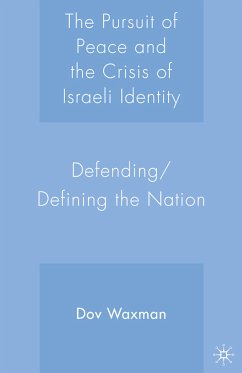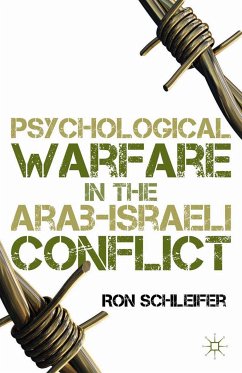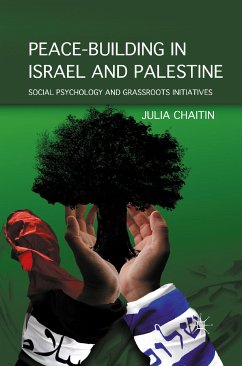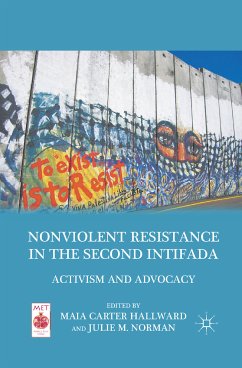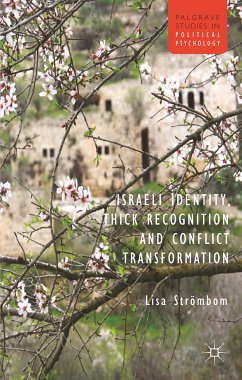
Israeli Identity, Thick Recognition and Conflict Transformation (eBook, PDF)
Versandkostenfrei!
Sofort per Download lieferbar
40,95 €
inkl. MwSt.
Weitere Ausgaben:

PAYBACK Punkte
20 °P sammeln!
The divisive and malleable nature of history is at its most palpable in situations of intractable conflict between nations or peoples. This book explores the significance of history in informing the relationship between warring parties through the concept of thick recognition and by exploring its relevance specifically in relation to Israel.
Dieser Download kann aus rechtlichen Gründen nur mit Rechnungsadresse in A, B, BG, CY, CZ, D, DK, EW, E, FIN, F, GR, HR, H, IRL, I, LT, L, LR, M, NL, PL, P, R, S, SLO, SK ausgeliefert werden.



